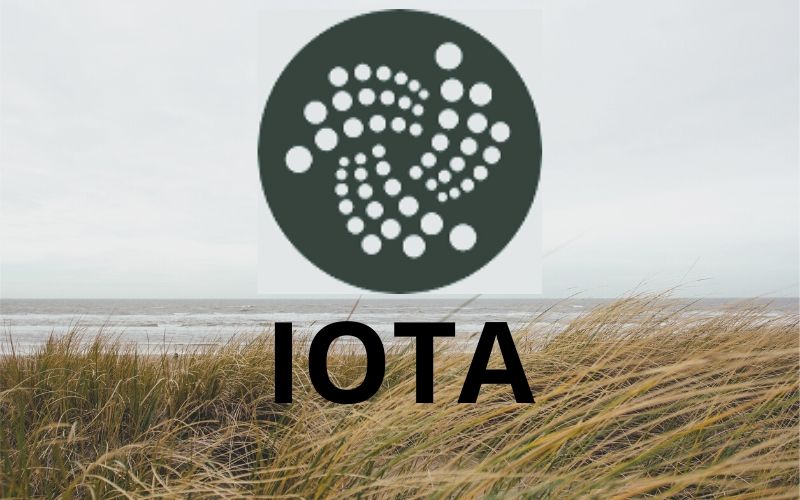There are some projects that have been partly and often tagged as just a cryptocurrency but being powered by complex technological innovation. IOTA seems to fall in such a category. It’s often compared to Bitcoin, the first and largest cryptocurrency.
However, in a blog post recently shared by Internet Of Everything, an account on Twitter that is IOTA oriented, the cryptographic project was explained a bit farther than just being a cryptocurrency or the end-product of the brilliance of the nascent technology, blockchain.
In the tweet that captioned the blog post, Internet Of Everything stressed the general thought within the tech community about the utilities in IOTA that make it fully classified under the narrative of the general name cryptocurrency.
He actually claimed otherwise. He said Bitcoin can be compared to IOTA as collectively believed by many people in the blockchain and cryptocurrency industry. He rather claimed that the technology governing IOTA sets it outstandingly apart from Bitcoin and other cryptocurrencies.
He said, “The tech community often refers to IOTA as a “crypto,” meaning a cryptocurrency, and people tend to compare it to Bitcoin, but the nature and the scope of this technology are much larger.”
Significant Difference between IOTA and Bitcoin
According to the blog post, Bitcoin and IOTA operates on a distributed ledger. This implies that the computing nodes track, verify, edit an electronic document with the record of many transactions.
Howbeit, IOTA is powered by a data structure known as Directed Acyclic Graph (DAG), which served as the means of popularizing projects such as Git. Before any transaction is attached to the graph named “Tangle” by IOTA, there has to be confirmation of 2 other transactions.
This makes the consistency of the users on the network a paramount factor, in the sense that, more confirmations will automatically take place as more users plunge into the network, bringing about the scalability of the network.
IOTA is presently revolving around 300 transactions per second, with a big avenue and the right attitude to improve on that significant record in 2020.
A close comparison is Bitcoin Cash (BCH) that is capable of completing 60 transactions in a second, whereas, Bitcoin cannot manage more than 7 transactions in a second.
Additionally, IOTA is capable of adding to the tangle without the need for the download of the whole dataset by each node. Going by the blog post, such seems not the case for Bitcoin blockchain.
Conclusively, the fact that the process of confirmation is very essential to every transaction initiated, and IOTA does it to make the network more user-friendly, giving users means to leverage a fully decentralized network. Since there are no miners, there are also no transaction fees.
